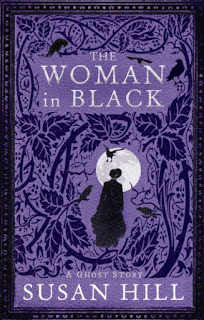It's been a pretty humbling experience working with folks on their individual pieces. Everyone who wrote for me had to agree to allow me to edit, but I promised to be gentle but firm.
It's also been a challenge. Here's why:
It's an exercise in self-control. I can look at a piece and tell immediately know if it feels too warm, too cold, too loose, or too tight. I can (and do) tell my guest bloggers what I think they should do, but it would be presumptuous to assume I know exactly what they want to convey. I've had a few conversations with people to discuss the concept they wish to address and help them cultivate their idea further before writing them down. They are their ideas. I'm just trying to make them shine.
It is a HUGE balancing act between my ego as a writer (sorry, we're all like this) and knowing I must be sensitive to others during this process. So, I am pushing for two things: clarity and brevity. Everything else is negotiable.
It's helped me learn to be responsive. Sometimes I must be firm and sometimes flexible. Some guest bloggers have taken me up on the offer to help them write their posts. Some have submitted them and I've suggested minimal changes. Whatever my writers decide, I've been rolling with it, with one exception: if they say they don't want to be edited, I say, "Sayonara," and move on. Being edited is the reality of being a writer. And being edited makes you a better writer.
Every challenge is a learning experience. I'm taking this one to heart.
Can't wait to share the GOLD!
















